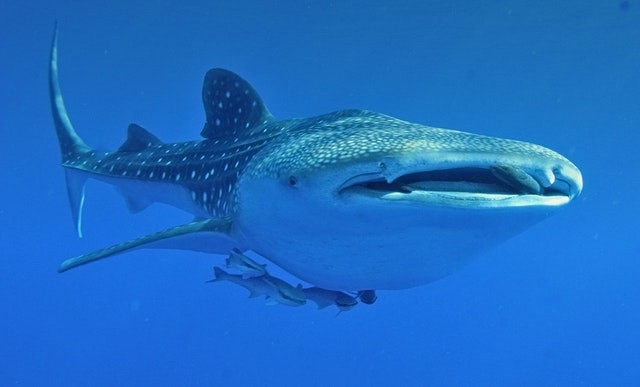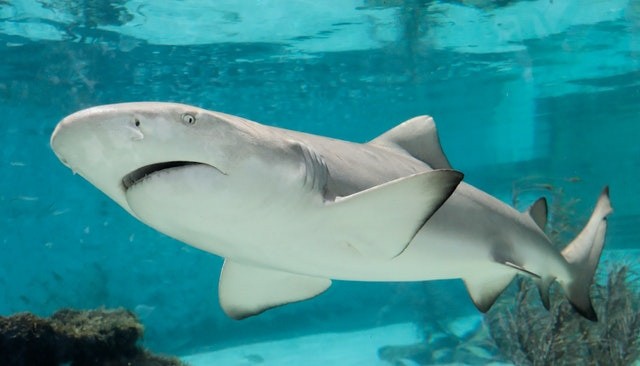When an extreme heat, or a major hurricane and other climate threat wrecks an ocean's lifeblood, the presence of sharks could aid its recovery as sharks could help ecosystems achieve balance through population control of grazing animals.

Concept Behind Research on Sharks
This is the concept behind research on sharks and their function in the ocean. The research which was led by scientists at Florida International University and was released on Wednesday in the Animal Ecology Journal.
"Wipeout sharks and you have made oceans less resilient to extreme climate events," said the Florida International University scientists; researchers at Deakin University in Victoria, and the University of Washington also contributed to the study.
The research was conducted from May 2013 to August 2014 and funded through a mixture of the PADI Foundation, National Science Foundation Rapid Response grant, public donations, and fellowship awards.
The research team includes lead author Rob Nowicki, a research affiliate at Sarasota's Mote Marine Laboratory who did the research as a Ph.D. student at Florida International University. He was coupled with co-author Mike Heithaus, a marine ecologist and dean of Florida International University's College of Arts, Sciences & Education, and James Fourqurean, Florida International University seagrass expert.
Research Findings
The research team found out that predators, like some sharks, for example, tiger sharks in this sense, are vital for maintaining balance and biodiversity in the oceans of the world. The research shows that sharks are extremely important in helping ecosystems recover when ravage hits from marine heatwaves or hurricanes.
Researchers says that sharks feed on grazing animals that eat aquatic plants like seagrass which helps them to maintain water clarity, stores carbon dioxide, fish, and other organisms that can keep seas healthy.
To reach its end, the research team did a 16-month study in Australian Shark Bay, an area occupied by dugongs (cousin to the Florida manatee) and tiger. Dugongs are mainly marine animals, but manatees can survive in areas of freshwater.
The researchers chose Shark Bay because a historic heatwave had wiped out much of the seagrass canopy in 2011. Recovery was slow but the seasonal presence of sharks aided it.
The grazers prey on seagrass meadows but dive to deeper waters till sharks leave in winter. But the heatwave in 2011 damaged much of the shallow seagrass canopy, and the dugongs munched what was left.

Experimental Plots
Scientists wanted to find out what would happen if the sharks did not return during the summer and the dugongs had free control to eat up the grass. Florida International University reported that the team positioned 30 experimental plots 2 to 3 meters deep in two seagrass banks in Shark Bay in April and May 2013.
Scientists were able to imitate the way dugongs feed on the seagrass in the summer and how it would be if there were no sharks around by using previous calculations of how many dugongs were around.
According to Florida International University, their experiments left the area with no time for recovery.
Related Article : Conservationist Groups: Shark-Based Coronavirus Vaccine Will Kill Half a Million Sharks
For more news, update about sharks and similar topic don't forget to follow Nature World News!
© 2026 NatureWorldNews.com All rights reserved. Do not reproduce without permission.





